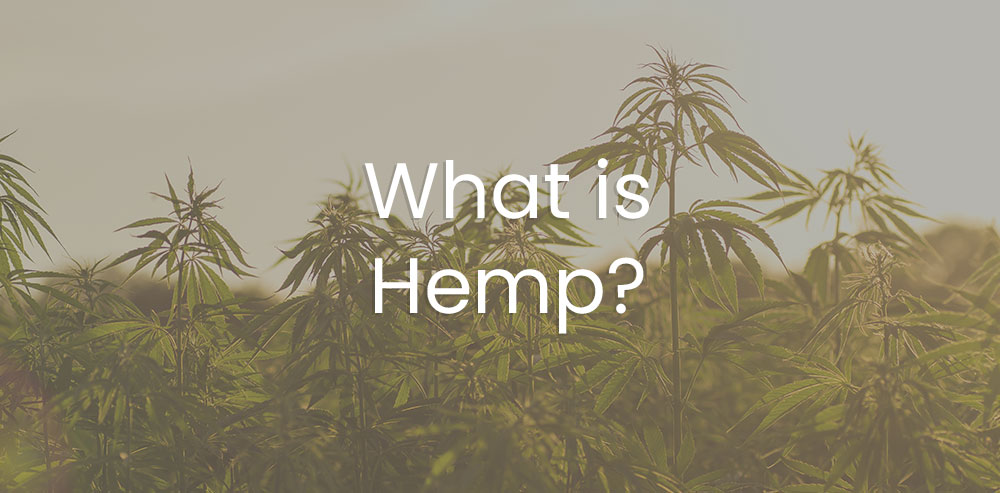
Hemp, also commonly referred to as industrial hemp, is a variety of the cannabis sativa plant. It is grown for industrial uses of the products which can be derived from both its’ seeds and fibers. Let’s take a look at some of the things that define hemp as a plant separate from other cannabis sativa varieties.
The Legalities
The regulations on industrial hemp cultivation in the United States have been loosening since 2014 with the Agricultural Act of 2014, also referred to as the 2014 Farm Bill. Since the passing of this bill 41 states have passed legislation related to industrial hemp and 38 states considered updated legislation regarding hemp in 2018 alone. Although the legislation and regulations on industrial hemp vary from state to state one thing is clear – industrial hemp is quickly becoming more widely accepted as a sustainable crop for farmers. Ranging from better defining hemp, removing barriers on industrial hemp production, and establishing cultivation and production programs, continued updated legislation on industrial hemp is making it easier for farmers across the United States to engage in the boom of industrial hemp farming.
All statues in the states which allow for the cultivation of hemp, with the exception of West Virginia, classify industrial hemp as a strain of cannabis sativa with a THC concentration of less than 0.3 percent. Therefore, as long as your hemp crop meets this THC concentration requirement, your crop can be legally defined as hemp and therefore be cultivated under the industrial hemp regulations in your state, IF your state allows industrial hemp grows. West Virginia classifies hemp as cannabis sativa with a THC concentration of less than 1%. Additionally, farmers should refer to the individual statues in their state to clarify whether the THC concentration is to be measured on a dry weight basis and whether it can be taken from any part of the plant.
In order for farmers to comply with regulations in their state for either commercial or research programs on industrial hemp, the grower must be licensed as well as permitted or registered with the agency overseeing the industrial hemp programs in their state. Farmers should defer to the regulations specific to the state in which they wish to grow, but most license and permit requirements may include:
- Passing a criminal background check
- Periodic license renewals
- Registering the location of the grow site, possibly providing GPS coordinates
- Accurate record keeping on industrial hemp sales and distribution
- Inspections by the state agency overseeing industrial hemp programs
- State testing of the plants to ensure the THC concentration meets the required guidelines for hemp classification
Seeds or Fiber & Their Commercial Uses
Hemp is grown as a source for raw materials; the seeds, oil and fibers can be used in the manufacturing of thousands of products. The hemp seed alone can be broken down into three distinct sectors: nut, oil and cake, with each allowing for the production of distinct products. The nut of the hemp seed can be used in breads, cereals and protein powders. The oil of the seed is often used in cosmetics, body products, lubricants, margarines, dressings and even fuel. The cake of the seed has been used to manufacture animal food and flour.
The stalk or fiber of the hemp plant can also be broken down into three distinct sectors: the hurd, bast fiber, and the stalk. The hurd has been used to manufacture fiberboard, insulation, animal bedding and even concrete. Bast fibers are most traditionally used for cordage, canvas, clothing, shoes, bags, and netting. The stalk itself can be used to make filters, cardboards, paper products and biofuel.
There is no shortage of what your hemp crop can be used to manufacture, making hemp a coveted crop with a high retail value. For more information on how to get your hemp farm started today email us at info@nbsagtech.com or give us a call at (702) 992 – 0552. We look forward to exploring the possibilities today of how we work together tomorrow.